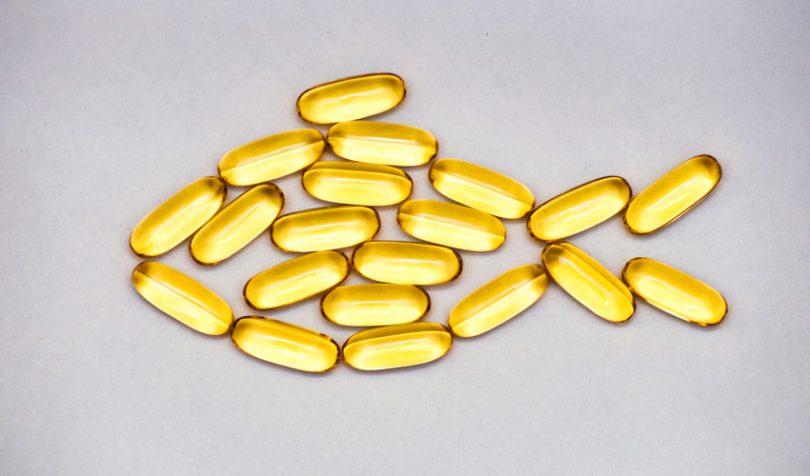Earlier this week, standards body MarinTrust, announced plans to mandate recording of key data about fish byproducts for traceability and outlined its vision of blockchain’s role. Soon, when you buy Omega 3 fish oil, you may be able to discover all the details about its source.
Previously known as IFFO RS, MarinTrust certifies more than 50% of marine ingredients or fish byproducts such as fishmeal used in animal feed or food, and fish oil used in nutritional supplements.
In 2018 fish production totaled 179 million tons. Of that, 88% is eaten as food, with 12 percent as byproducts. And 80% of the byproducts are fishmeal and fish oil. That’s according to the 2020 SOFIA report from the Food and Agriculture Organization of the United Nations (FAO).
Fish byproducts such as skin, heads, viscera, bones, and scales are increasingly used in the seafood industry, representing 70% of processed fish. In the fishmeal and fish oil industry, byproducts make up 30% of the end products.
MarinTrust said that blockchain could prevent wastage of fish and fish products and reduce illegal, unreported, and unregulated fishing. One of the United Nations Sustainable Development Goals (SDG) is to ensure sustainable consumption and production patterns (SDG12), so reducing waste directly impacts that. SDG14 is to conserve and sustainably use the oceans, seas and marine resources.
The SOFIA report says that 35% of the global harvest from fisheries and aquaculture is wasted.
“The complexity of the marine ingredient value chain triggers increasing interest surrounding raw materials that are used and a need for transparency regarding their origin,” said MarinTrust in its announcement.
The organization provided three guidelines to develop a blockchain traceability solution. Firstly, the database would not involve an intermediary allowing downstream companies to easily access data, including the fishing area, species caught, processing location, and other details. Next, the blockchain must ensure transparency and, lastly, guarantee that the data stored is immutable and cannot be tampered with.
By leveraging blockchain, it aims to enhance communication between the fishmeal/fish oil industry and the industry delivering products for human consumption.
Last month, the Norwegian Seafood Association announced it is collaborating with IBM to use blockchain for traceability in seafood supply chains. Separately, the IBM Food Trust initiative has a few seafood producers as members, including the National Fisheries Institute and Raw Seafoods.
Standards body GS1 US is also exploring blockchain for food traceability data, and recently completed the first phase of its trial with FoodLogiQ, IBM Food Trust, ripe.io and SAP.






